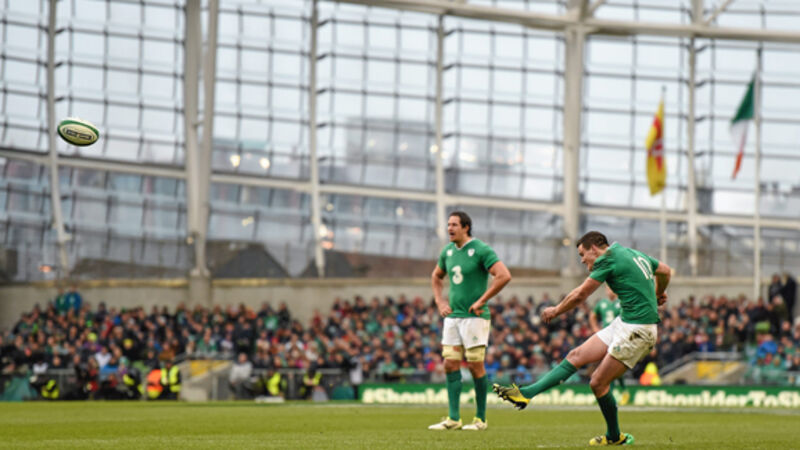Six Nations championship will come down to survival of the fittest

When Rhys Priestland put Wales ahead for the first time in the game at the Aviva Stadium on 73 minutes, you feared for Ireland. That penalty was awarded, rather harshly, against the excellent Jack McGrath, after a sequence of 28 phases where a succession of Welsh behemoths smashed into the nearest Irishman they could find.
Priestland’s penalty attempt was temporarily delayed, as a plethora of Welsh and Irish bodies were left strewn all over the field. I counted six different players receiving attention. The medical teams from both sides had to call for reinforcements.









